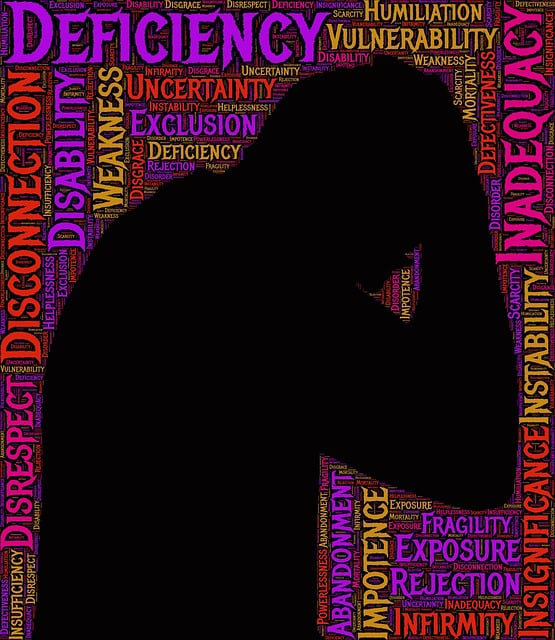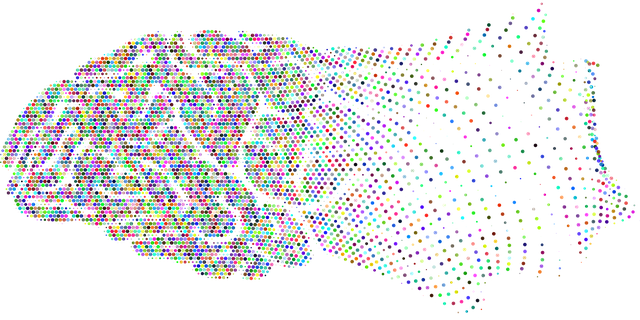Mental health professionals specializing in Golden Hebrew Speaking Therapy (GHST) face unique challenges due to the intense emotional nature of their work, requiring linguistic, cultural, and non-verbal communication mastery. To prevent Burnout, they must adopt resilience techniques, maintain clear boundaries, and engage in continuous professional development. They are tasked with identifying and mitigating risks through comprehensive risk assessment strategies, including client assessments, monitoring, and evidence-based interventions tailored to individual needs. GHST enhances cultural sensitivity, aiding diverse populations in Self-Esteem Improvement and Depression Prevention. Empowering clients with coping skills ensures they can manage stressors and build resilience, while regular risk assessments detect early warning signs of crises for timely interventions. Creating safe environments through open communication, active listening, and self-care initiatives prioritizes client well-being and fosters growth and healing.
In the dynamic field of mental health, professionals encounter diverse challenges, particularly within niche practices like Golden Hebrew Speaking Therapy. This article delves into the critical aspect of risk assessment, exploring unique risks specific to this therapeutic setting. We discuss implementing comprehensive strategies and offer insights on mitigating risks to ensure safe environments for clients. By understanding these considerations, mental health practitioners can enhance their practice’s resilience and better serve their Golden Hebrew-speaking community.
- Understanding the Unique Risks in Golden Hebrew Speaking Therapy Practices
- Implementing Comprehensive Risk Assessment Strategies
- Mitigating Risks and Fostering Safe Environments for Clients
Understanding the Unique Risks in Golden Hebrew Speaking Therapy Practices

Mental health professionals who specialize in Golden Hebrew Speaking Therapy (GHST) face distinct risks due to the unique nature of their work. This therapy often involves intense, emotionally charged conversations with clients dealing with various mental health issues. The need for effective communication in GHST necessitates a deep understanding not just of language but also cultural nuances and the subtleties of non-verbal cues.
While providing Anxiety Relief and Depression Prevention strategies is crucial, GHST practitioners must also guard against Burnout Prevention. The constant exposure to clients’ emotional struggles can be taxing, leading to potential professional fatigue if appropriate self-care measures aren’t in place. Therefore, mental health professionals engaged in GHST need to prioritize resilience-building techniques, maintain clear boundaries between personal and professional lives, and actively engage in ongoing professional development to mitigate these unique risks.
Implementing Comprehensive Risk Assessment Strategies

Mental health professionals play a critical role in identifying and mitigating risks within their practice. Implementing comprehensive risk assessment strategies is an essential step to ensure patient safety and well-being. These strategies should encompass various aspects, including thorough client assessments, ongoing monitoring, and evidence-based interventions tailored to individual needs. By integrating Golden Hebrew Speaking Therapy techniques, professionals can enhance cultural sensitivity and effectively address unique challenges faced by diverse populations, fostering a supportive environment for Self-Esteem Improvement and Depression Prevention.
Moreover, teaching clients Coping Skills Development strategies empowers them to navigate stressors and promote resilience. Regular risk assessments enable professionals to detect early warning signs of potential crises, allowing for timely interventions. This proactive approach not only benefits individuals but also contributes to the overall quality of mental health services, ensuring that practices remain effective, safe, and inclusive for all clients.
Mitigating Risks and Fostering Safe Environments for Clients

Creating safe and supportive environments is paramount for mental health professionals to effectively support their clients. This involves a multifaceted approach that starts with rigorous risk assessment and extends to ongoing mitigation strategies. By integrating Cultural Sensitivity in Mental Healthcare Practice, therapists can tailor their approaches to meet the unique needs of diverse client populations, fostering trust and enhancing therapeutic outcomes. At the core of this is open communication and active listening, which not only build rapport but also allow professionals to identify potential risks early on.
Moreover, prioritizing self-care practices among mental health workers is a vital component in risk management. When professionals maintain their own emotional well-being, they are better equipped to support their clients through challenging situations. Golden Hebrew Speaking Therapy can play a significant role here by providing targeted resources and support networks, specifically addressing the linguistic and cultural needs of both practitioners and their clients. Through such proactive measures, mental health professionals can create an environment that not only mitigates risks but also nurtures growth and healing.
Mental health professionals working with Golden Hebrew Speaking Therapy practices face unique risks, necessitating a comprehensive risk assessment approach. By understanding these specific challenges, implementing robust strategies, and fostering safe environments, therapists can effectively mitigate potential dangers and provide high-quality care to their clients within this cultural context. This holistic approach not only protects individuals but also enhances the overall effectiveness of therapy sessions.













